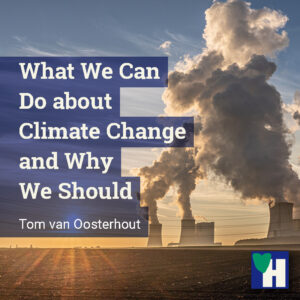
What we can do about climate change has become a major challenge for us.
We are so disappointed with the outcome of the climate conference in Glasgow!
This disappointment brought back a phrase I read a couple of weeks ago ‘The climate changes only in Glasgow!’ I read it originally in Spanish: El clima solo cambia en Glasgow!
The person who shared this outcry probably meant that nobody in Spain cares about climate change.
Some of the links are affiliate links. As an affiliate associate, we earn a commission when you purchase any of the products offered through the shared links at no extra cost for you. This helps us maintain this website.
Table of contents
What we can do about climate change
To stop climate change we need to change our everyday habits. To make our changes effective we need to think them through, provide our government with critical support, help others to change their mindset, and ask others to help us because we’re far from perfect.
El clima solo cambia en Glasgow!
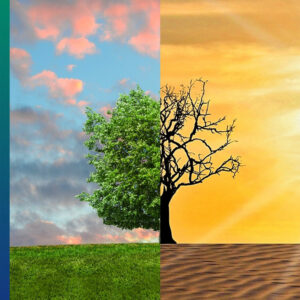
After the failure of the conference in Glasgow, I am afraid the outcry ‘The climate only changes in Glasgow!’, applies to many more countries. This made me wonder how all the efforts, so many people put into the conferences’ meetings, came to nothing.
Is the intellectual challenge too big? Are governments incompetent? Does our society lack the proper frame of mind? Or, are we just spoiled brats, who, against all better knowledge, do not want to change our everyday habits?
Like reeds waving in the wind
In his hilarious and entertaining book, Nobody Can Think, the psychologist Bügel argues that the capacities of our brain are limited. Still, people can produce stuff that works, which has been designed by using our brains in advance.
Bügel says that this is not because we are that smart. We’re not smart at all, he explains. The more complicated our thinking process, the more tools such as text, drawings, and formulas we need to support this cerebral task.
The psychologists Abrahamson and Freedman argue that, contrary to common sense, our mind is built around disorder. When our brains ignore this and try to organize the world around us, we are misled.
The psychologist Ben Fletcher points out that too much concern about the future can lead to depression. Meaning that our denial of climate change is only self-protection! This is what I call the self-protection-paradox. To deny climate change and not act upon it, will more and more endanger us.
However, reassures the Dutch psychologist Ap Dijksterhuis, sometimes thinking leads to better decisions, sometimes it doesn’t matter much, and sometimes a lot of thinking leads to bad decisions. Moreover, thinking can cause our opinion to “swing back and forth, like reeds waving in the wind.”
Governments are incompetent
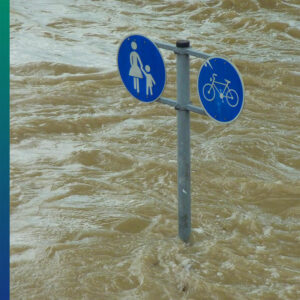
Why are we often so satisfied with ourselves and so dissatisfied with politics and governments? Do we credit ourselves with what goes well? What goes wrong – for example with the climate – is the governments’ fault?
When we look carefully at the government we observe versatility, dynamism, resilience, and, at the same time, imperfection. Isn’t this as if we’re standing in front of a mirror and seeing ourselves?
Not in my backyard
The government and politicians are entangled in their job: develop visions, outline strategies, create rules, implement and enforce these rules, provide services, evaluate all this, and then start all over again.
What is our job? Well … we tell the government that we don’t want the new highway to run through our backyard. Nor do we want all the others to pollute the air with their cars.
We don’t want climate change. We also want to eat meat every day, no matter how many rainforests are destroyed.
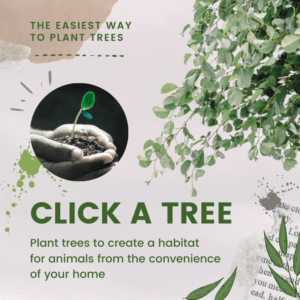
Path dependency
The government’s freedom of action is limited. Much of what has been agreed on, and invested in in the past, cannot be undone overnight.
Moreover, the government of today creates the conditions for tomorrow’s generations. And one generation may think differently from the other!
We live in a democracy
Citizens have different political opinions. This is called democracy. Democracy does not monopolize political norms and values.
Moreover, a proper democracy fights one-way thinking. In such a democracy politics and laws are made in consultation, and often collaboration with the business community, institutional civil society, and citizens.
This takes a lot of time, commitment, and patience for all involved. Time, commitment, and patience not everyone has.
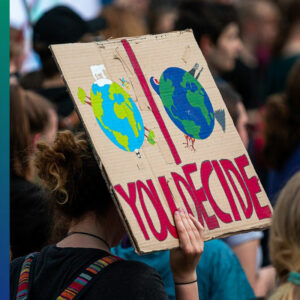
Limited powers
To blame or oppose citizens’ needs and wishes, leads to a negative public mood. No politician can permanently cope with that. This calls for a lot of caution.
But can cautious governments, just because it respects the limits of their powers because it weighs all concerns involved, count on citizens’ sympathy?
Institutionalized bureaucracies
Many of societies’ tasks have been transferred to professionals and institutions, such as teachers and schools, medical professionals and hospitals, insurance companies, etc.
We live in an institutionalized world. As free citizens, and sovereign consumers we have to deal with this institutionalized world every day. And is the most significant characteristic of a bureaucracy not that it’s stripped of any empathy?
We need to change our frame of mind
What we can do about climate change is partly influenced by our frame of mind. Take for example our belief in technological progress. This belief is supposed to be the frame of mind of the older generations.
Younger generations claim that society is in transition. More specifically, the century of Asia has begun. Global powers shift to the East, economic, as well as political and cultural. The Asian frame of mind differs substantially from ours.
The Asian mindset
Westerners have a mechanical, Asians a holistic view. Asians have a consistent and clear value pattern. Opportunities are more important than practicalities. This mindset requires morality and comes with feminine values, Asian values, and the values of young people.
Values Western baby boomers don’t share. They leave behind a world with climate change, an exhausted world, a world still rampant with poverty and a rapidly declining biodiversity. The only thing the baby boomers fight for is the preservation of their pensions.
Related: Is Biodiversity Important to the Survival of Humans and the Planet?
Progress

It’s, however, a mystery to me where all these ideas about differences between Asian and Western values come from. The idea of progress was the fruit of the post-World War II reconstruction era. It lasted only 2 decades.
From the Seventies and onward, nobody believed in progress anymore. This is striking in itself, because worldwide material prosperity had just started its unstoppable, and enormous leap forward.
This leap forward must, however, be attributed to population growth and the increase in life expectancy. It has nothing to do with the idea of progress.
Related: The Quality of Food Determines Life Expectancy
Empty concept
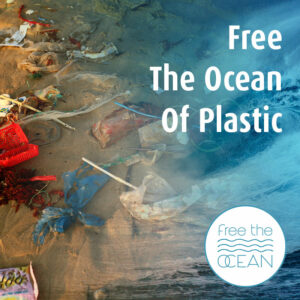
However, suppose the holistic Asians, with their consistent and clear value pattern, all want the same material prosperity as we do? And isn’t that what it looks like?
If so, in no time we will all come crashing down the fathomless black hole of the irreversible destruction of our planet. And no feminine or Asian values, or values of young people will change that.
I cannot emphasize it often enough: a value is an empty concept, if not considered in its behavioral context. Whether we are Eastern or Western. It all comes down to our behavior.
And then only one conclusion is possible. We as modern humans do not care much about the consequences of our behavior. This is partly because we forget too easily that our behavior is limited by forces over which we individually have little or no influence.
Whether we see ourselves as Asians or not, the only way we will be able to answer the question, what we can do about climate change, is by consulting our fellow human beings.
Spoiled brats

As ‘perfect’ people, we alone have accomplished all the good in the world for ourselves. However, our displeasure, which has become one of our most famous imperfections, we reserve for the first who promises to make up for our imperfections: the government.
Moreover, we increasingly incorporate the features of a spoiled child: I want everything, I want it here, and I want it now. As a consequence, we willingly and knowingly, destroy our physical environment, from which we derive our existence and then shout, ‘how awful’.
How much cynicism do we need to say to the government that we want to be saved from the troubles that we bring upon ourselves?
Only we can stop the change of the climate. With vision and commitment. And with trial and error. Because we cannot, and do not want to live in a perfect world.
How do you think we can best stop climate change? Let us know in the comment box below.


